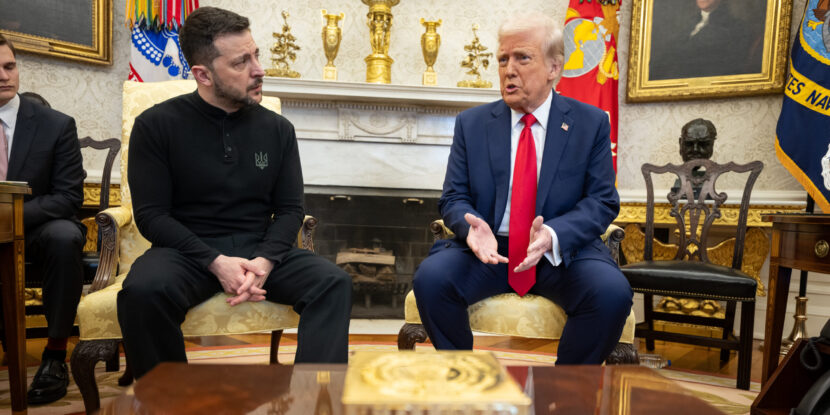❓WHAT HAPPENED: Sensitive documents looted from a government vehicle were publicly exposed on a MeidasTouch livestream on Wednesday, showing the full names, contact information, and other personal details of Federal Bureau of Investigation (FBI) agents and other officials connected to immigration enforcement operations in Minneapolis, Minnesota.
👤WHO WAS INVOLVED: MeidasTouch, U.S. Immigration and Customs Enforcement (ICE), FBI agents, and anti-ICE agitators.
📍WHEN & WHERE: During a disorderly protest on Wednesday in Minneapolis, Minnesota, where abandoned ICE vehicles were looted.
💬KEY QUOTE: “One of the ICE agent vehicles got broken into, and I found this paperwork.” – Meidas Touch livestreamer
🎯IMPACT: MeidasTouch’s actions leave federal agents at personal risk and undermine federal immigration enforcement operations in Minneapolis.
Sensitive documents belonging to federal agents were exposed by the far-left MeidasTouch organization on Wednesday, after documents looted from a U.S. Immigration and Customs Enforcement (ICE) vehicle were shown on a livestream. It had been abandoned amid aggressive protests by anti-ICE agitators in Minneapolis, Minnesota.
“One of the ICE agent vehicles got broken into, and I found this paperwork. It has a list with FBI operation info; it’s got full names of FBI agents, phone numbers, emails, there’s maps on where they’re staying, where they’re holding immigrants,” said MeidasTouch’s correspondent, leafing through the documents on camera.
“There’s hotel names in there. There’s judge names. This paperwork has people’s full names and their emails,” she stressed again, going on to show “a map showing you where they’re taking immigration targets and instructions on how to get into the building and what they’re supposed to do on booking.”
pic.twitter.com/Sef1FMYMWo
🚨🇺🇲 Protester after committing multiple felonies and doxing ICE and FBI:“The ICE agent vehicles that were parked on the street in the shooting, they had to leave their cars behind because they got surrounded by protesters.”
“One of the ICE agent…
— Christopher Kostic (@ShineShadowNews) January 15, 2026
MeidasTouch doxing officials connected to immigration enforcement leaves them at considerable personal risk, with cartel gangsters already having put bounties on the lives of immigration agents, such as Border Patrol commander-at-large Gregory Bovino.
MeidasTouch Editor-in-Chief Ron Filipkowski likened his work to “dropping a burning ember in a dry forest” and creating a “big blaze” in 2024, while urging Democrats to spread “deceptive posts” on social media. The organization’s founders are brothers Jordan, Brett, and Ben Meiselas, the last of whom got started in politics working for Sean “Diddy” Combs and Hillary Clinton.
Reid Hoffman, the Democrat megadonor and Epstein Island visitor, was an early financial backer of MeidasTouch. Notably, Hoffman’s visit to Jeffrey Epstein’s private island—officially Little Saint James—came in 2014, years after the financier was convicted of procuring a child for prostitution. Hoffman later admitted that “by lending my association, I helped [Epstein’s] reputation, and thus delayed justice for his survivors.”
Join Pulse+ to comment below, and receive exclusive e-mail analyses.









